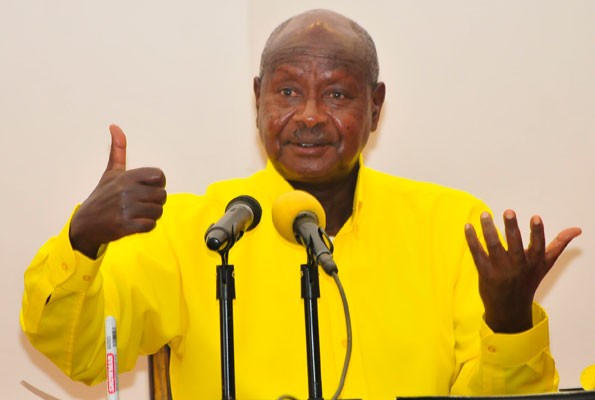By Shamim Nateebwa
Civil society Organizations have called upon government to address issues of domestic financing and lack of emphasis on evidence-based interventions if Uganda is to catch-up with the rest of Africa in the fight against HIV/AIDS and achieve the 90-90-90 UNAIDS targets by 2020.
This call is in response to President Yoweri Museveni’s recent launch of The Presidential Fast Track Initiative for Ending HIV/AIDS as a Public Health threat in Uganda by 2030.
The initiative commits Uganda to achieving the target of ensuring that 90% of people with HIV know their status, putting 90% of people living with HIV on immediate treatment, and 90% of those on treatment realizing viral suppression.
However, Kenneth Mwehonge of HEPS Uganda says Uganda has not reported major reductions despite the fact that it is on the cutting edge of research and innovation.
He adds that currently, only 38% of young women and 36% of young boys in Uganda know how to protect themselves against HIV and this proportion has remained stagnant for the last decade.
Apart from mother to child transmission prevention, Uganda lags far behind the region in reduction of AIDS related deaths, and contributes substantially to new infections across sub Saharan Africa. It is one of three countries that accounted for an estimated 48% of new infections in sub Saharan Africa in 2013 alone.







